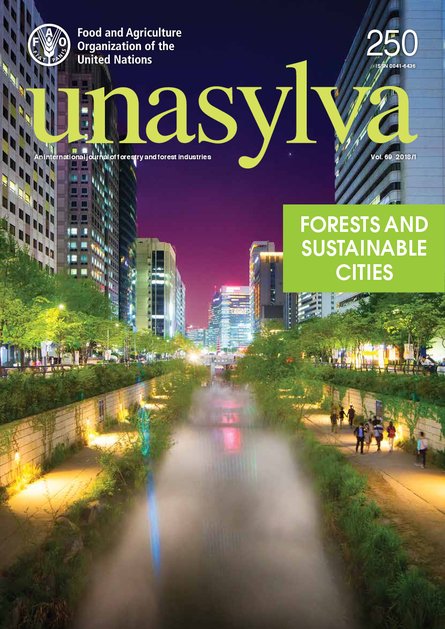
Cities need forests. The network of woodlands, groups of trees and individual trees in a city and on its fringes performs a huge range of functions – such as regulating climate; storing carbon; removing air pollutants; reducing the risk of flooding; assisting in food, energy and water security; and improving the physical and mental health of citizens. Forests enhance the look of cities and play important roles in social cohesion; they may even reduce crime. This edition of Unasylva takes a close look at urban and peri-urban forestry – its benefits, pitfalls, governance and challenges.
Links
Resource collections
- UN Habitat - Urban Response Collection
- Urban Response - Urban Crisis Preparedness and Risk Reduction
- Urban Response Collection - Community Engagement and Social Cohesion
- Urban Response Collection - Economic Recovery
- Urban Response Collection - Environment and Climate Change
- Urban Response Collection - Housing, Land and Property
- Urban Response Collection - Urban Crisis Response, Recovery and Reconstruction
- Urban Response Collection - Urban Resilience